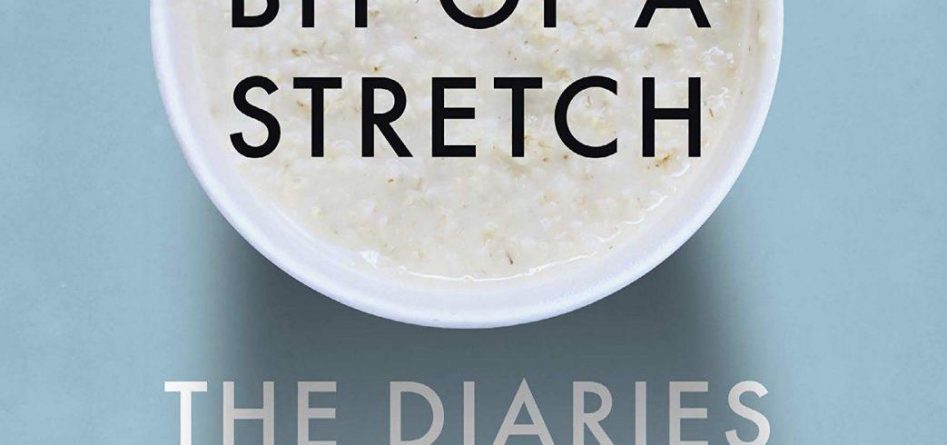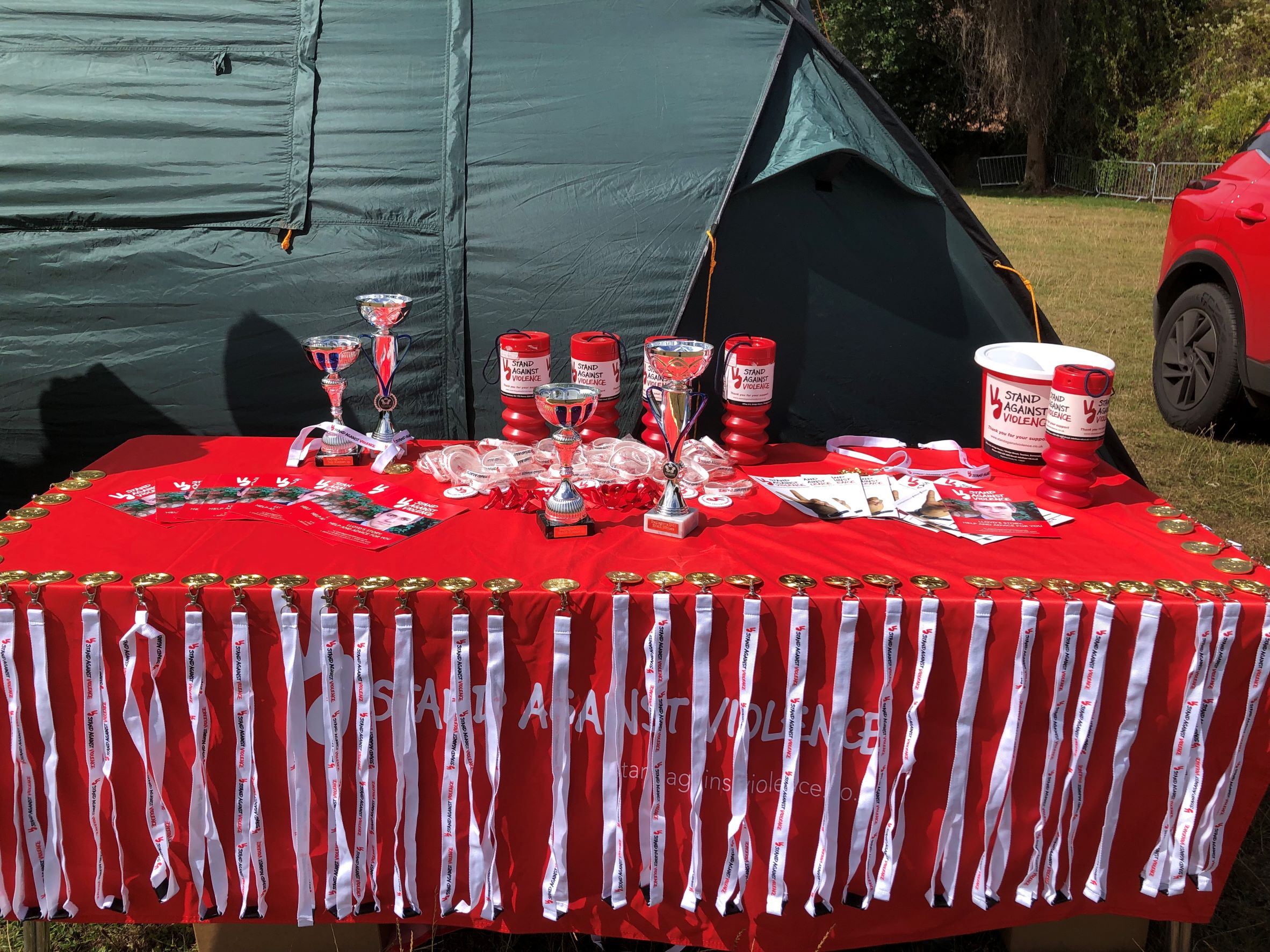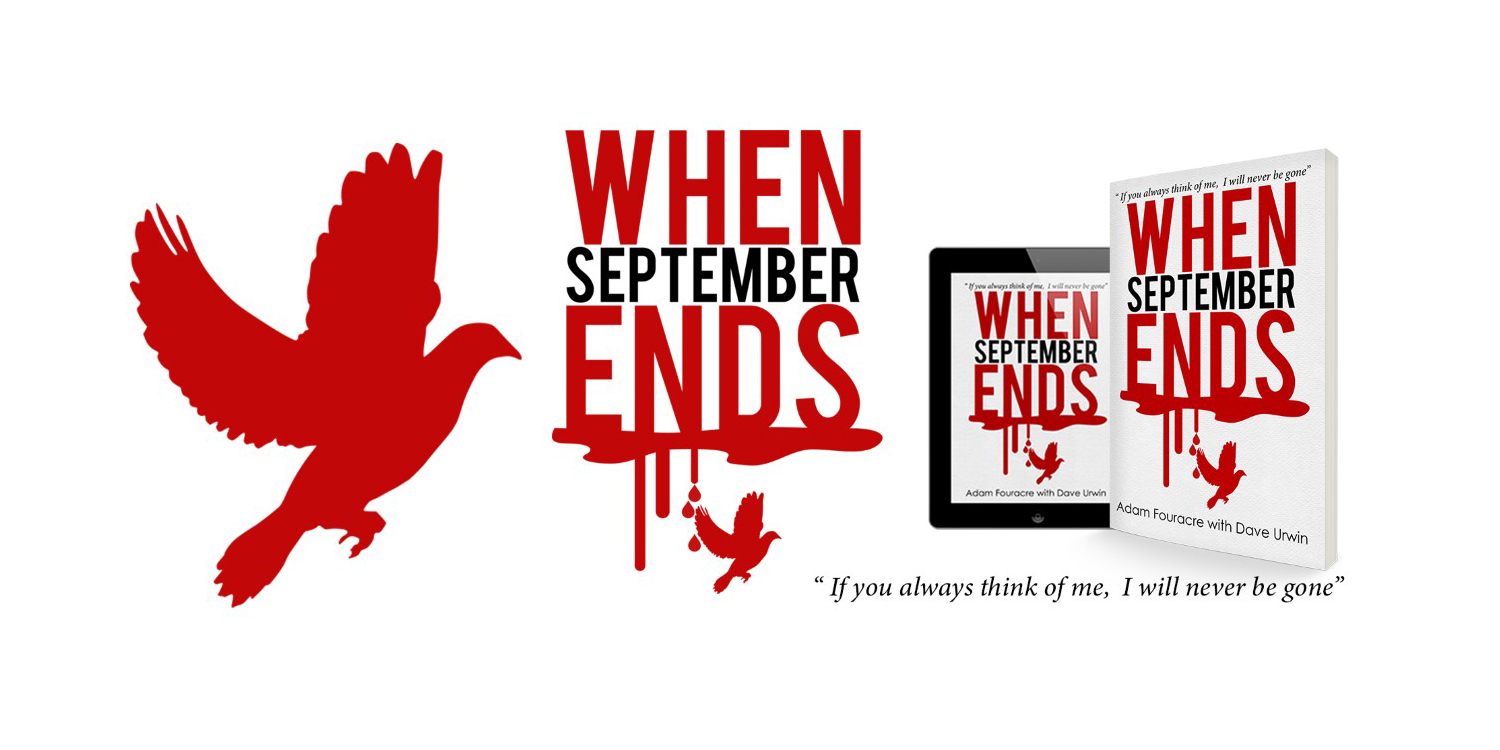An interview with Chris Atkins - The Diaries Of A Prisoner
Monday 9th November, 2020

Welcome to Her Majesty's Prison Service. Like most people, documentary-maker Chris Atkins didn't spend much time thinking about prisons. But after becoming embroiled in a dodgy scheme to fund his latest film, he was sent down for five years. His new home would be HMP Wandsworth, one of the largest and most dysfunctional prisons in Europe.
With a cast of characters ranging from wily drug dealers to senior officials bent on endless reform, this powerful memoir uncovers the horrifying reality behind the locked gates. Filled with dark humour and shocking stories, A Bit of a Stretch reveals why our creaking prison system is sorely costing us all - and why you should care.”
Taken from the synopsis of ‘A Bit of a Stretch’ by Chris Atkins
I was recently given Chris Atkin’s ‘A Bit of a Stretch’, a book documenting his time in Wandsworth Prison after his self-described ‘white collar crime’, for my birthday. I was unable to put it down, being as it was a pretty unique insight into life in a category A prison written by someone who on paper really didn’t belong there. Chris was not a violent criminal, but during his time in prison he was in close quarters with many who had committed crimes that would shock the vast majority of the population. He got to find out more about these characters than even the prison officers would, simply because he showed them humanity and so they opened up to him. Are violent criminals born that way or are they made that way through their circumstances? Of course there is no simple answer, but my conversation with Chris was a further reminder that violent criminals are people, and are more than just their crimes. Do prisons allow them to rehabilitate or do they just exacerbate the problem? Here Chris gives his thoughts…
Would you say your attitude towards prisoners changed profoundly during your time inside?
Most definitely. I worked in journalism before I went in and I made films. I was pitched a couple of ideas about prisoners but I just didn’t think people cared enough for a film like that to get the ratings, so I didn’t go near it. I guess I just felt indifferent about prisoners, and I thought it was very much a case of ‘them and us.’ When I went to prison myself my attitude quickly changed; I saw prisoners as human beings, because I was actually mixing with prisoners and got to know them. It was really eye-opening.
Do you think a lot of the violence in prisons is because of poor conditions and lack of staff?
In Wandsworth very few of the prison officers, if any, thought that keeping us locked up for 23 hours a day was the way forward. It was what they were forced to do because of being so short-staffed and having a lack of resources. Believe me, the loss of liberty is punishment enough in itself; it doesn’t need to be made any worse. If prisoners are only let out of their cells for an hour a day they’ll be like coiled springs, and that hour will be a nightmare. Most prison officers, in my experience, actually want to help prisoners to rehabilitate and in order to do that you need to let them out for longer and give them plenty to do in terms of work and learning. I was able to make the most of my time inside because I got jobs within the prison from early on, but most spent nearly all of the time in their cells and sometimes we weren’t let out at all at weekends because they just didn’t have the staff.
As a prison listener you’re basically doing a very similar job to that of a counsellor but they have around 3 years’ training – you’re kind of thrown in at the deep end. However, do you think the prisoners open up to you more than they would a qualified counsellor because you’re one of them?
Yeah, the training was only a couple of weeks to be a listener and so it was very amateur counselling but I found that the other prisoners warmed to me already because some of the guys in there couldn’t read or write so well and I could help them to fill in forms. Also I was someone who tried to make things better for the prisoners by getting more regular visits from family, and then as a listener I would never turn anyone away; some would only speak to someone if they felt suicidal, but I would say only around 10% of the guys who wanted a listener were close to suicide. Our training was basically modelled on the Samaritans’ training and that’s focused largely on suicide prevention, but above all is a listening service for anyone who needs it – that’s what I wanted to provide.
This was the most eye-opening experience of all, because at the beginning I was pretty scared of being attacked. I’m not someone who gets in fights usually and I assumed that most of the other guys in there would be. E-wing, which is generally for new arrivals, is a bit like that. We called it ‘Beirut’! Most of the prisoners in Wandsworth though are in for drug offences or for ‘white collar crime’ such as fraud or something similar, and once I got off E-wing onto H-wing I only saw two fights. They were both handbags stuff really as well – nothing too serious.
Don’t get me wrong; there were some serious assaults in the prison while I was there, but generally they either happened when a spice addict owed a dealer money and didn’t pay up or when two rival gang members had a tear-up. Sometimes people would mess with me and say they would hurt me if I didn’t do this or that, but the only time I think I was genuinely close to being attacked in there was in the lunch queue one day. I was asked if I wanted a biscuit or some fruit for dessert. I said something like “The biscuits are horrible, mate – I think I’ll just have fruit” and the guy really took offence for some reason. He really went off on one. These two friends of mine came over; big, scary guys, and asked me if I wanted them to sort him out. I think they were quite keen to but I said “No it’s Ok, guys – he’s probably just having a bad day. No big issue.”
I had friends in there who were in for quite shocking crimes. Those big guys were in for torture and kidnap, and the first time I met one of them he came and banged on my cell door. I saw the size of him and thought I was in trouble but then he said “Could you help me fill out this form please, mate?” There are these ‘general application’ forms you fill out for just about anything, and you’re lucky if you hear back once you’ve filled one in, but I helped a lot of guys to try and get what they needed and they were very kind to me as a result.
When I became a listener, like I said I was one of the guys who would talk to someone no matter what. Sometimes people were quite angry and at first I was a bit scared I would be attacked, but I think my fear was self-induced and after a while I just felt relaxed, even if someone who was in for a violent crime was absolutely raging, because their anger was never directed at me. I was the only one who they could really talk to about their problems and someone is unlikely to attack their only friend, because they know it would be counter-productive.
It made me think a lot when there were people who had committed horrific crimes but they were really kind to me. It just goes to show that people have it in them to be violent and aggressive but you have to ask where that comes from? They’re all still people under the surface and are also capable of kindness. Because the other prisoners saw me as someone who was on their side I got very little in the way of trouble.
With that in mind, do you think prisons are doing the job of rehabilitation?
Well, a lot of people have a black and white view that anything you can do to make someone’s time in prison a bit less awful, such as giving them a TV or a radio, means it’ll be like a holiday camp. It isn’t like that at all. Being locked up in a tiny cell for 23 hours a day and being away from your family is punishment in itself. Having something to do in there will just keep someone sane rather than making life easy. If you make prison life too brutal then I believe it’ll make people more likely to reoffend. If you show them humanity and try to equip them to deal with life on the outside in a more productive way then it makes reoffending less likely.
During the last part of my sentence I was in an open prison and was able to leave during the day to study at Oxford-Brookes. That was when I began to turn the diaries I’d kept in Wandsworth into the book ‘A Bit of a Stretch’, and I think the other students in there thought I was crazy. For a start I was nearly 40 and most of them were half my age, and I must have blanked out quite a few of the things I’d written about, because nearly every page triggered some kind of memory. I was sat in the library reading through the diaries and would be cackling away one minute, then bursting into tears the next. What must I have looked like?!
I think people see a photo in the newspaper though of a prison cell with a TV, and maybe a few snacks someone’s bought using their weekly allowance, and think being in prison is like being at Uni. Trust me, it isn’t! I remember being sat listening to the conversations of the other students saying how stressed they were and thinking “Come on, kids! Just enjoy your life at the moment. You’ll get older and have things like divorce, money worries and all sorts to worry about.” Hindsight is a wonderful thing of course, and what you get stressed about aged 20 does seem very difficult at the time, but I say in the book that I think my time in prison did me good because it gave me a lot of perspective. My experience wasn’t like that of every prisoner, and I was quite privileged in there, perhaps because my background was more privileged than a lot of the guys, but I learnt so much and I’m determined to put it to good use and help change the prison system so people have a better chance of rehabilitation.
A lot of our work at Stand Against Violence is about early intervention – we try to educate people about the impact of violence and the importance of making the right choices while they are still young; do you think this is the way forward?
I do think work in the community is the way to do it; 90% of resources go on prison work rather than work in the community, but it’s not done in a productive way. Sometimes there are some really good workshops but they’re done maybe 4 years before someone’s back on the streets and then once a prisoner’s released, if they don’t have family to go to they’re just given £47.50 and a list of homeless hostels and basically told to get on with it. This is so wrong, and there needs to be more support for people leaving prison who don’t have a support network in place, because if they don’t have a job to go to when they leave it probably won’t be long before there’s little choice but to reoffend. You need to work with people early on to try and teach them why they want to avoid prison, but prisons also need to be focused on rehabilitation because otherwise there’ll be a lot of new victims of crime when people get out. Timpsons are one company who very publically state that they employ ex-offenders, and more need to do this. You can’t just look at someone’s crime and write them off – as a society we need to look more at the reasons people become criminals and try to support them better to break that cycle.
Chris now runs the initiative ‘Bang Up Books’ whereby he hand-delivers good quality books to prisons across the UK.
What is your view on prisons in terms of punishment vs rehabilitation? Do you believe that pure punishment is the way to convince someone not to reoffend, or do you think people who do offend make bad choices for all kinds of reasons and need support to be in a position to make better ones? It is a complex and difficult question to answer, but during his time as a listener Chris got a new perspective on people he would previously have been terrified of, realising that very little is often as black and white as we might think. At Stand Against Violence we are committed to working with perpetrators as well as victims of violence, and in fact if we can stop people from becoming perpetrators through early intervention then we reduce the number of victims. Without perpetrators there is no violence. Hopefully this has given you some food for thought.
By Dave Urwin, Community Funding and Development Officer, Stand Against Violence



